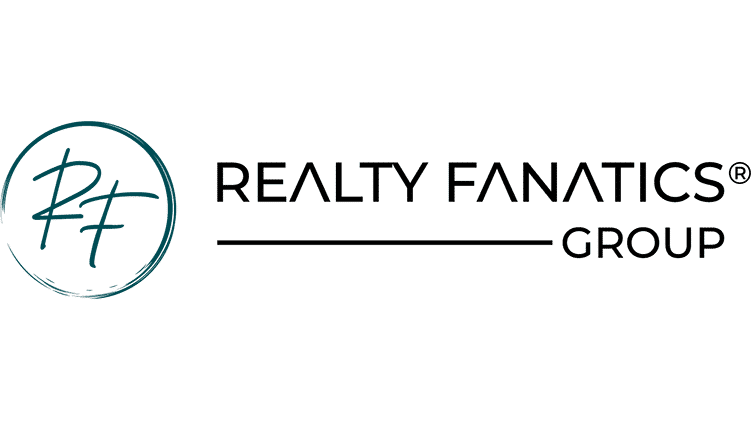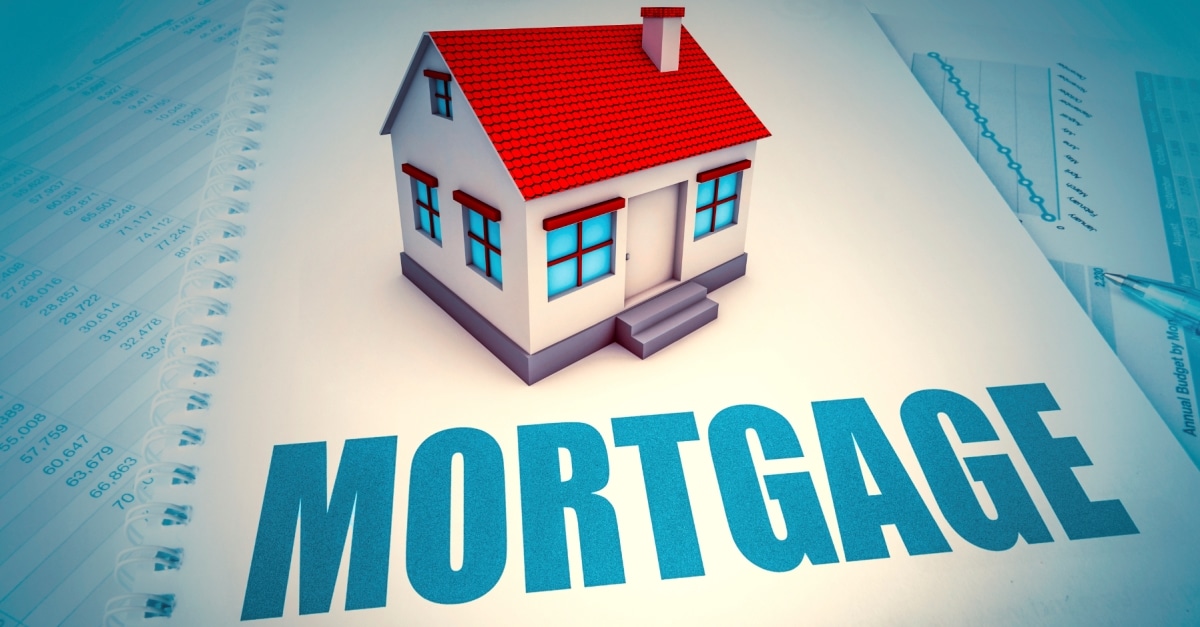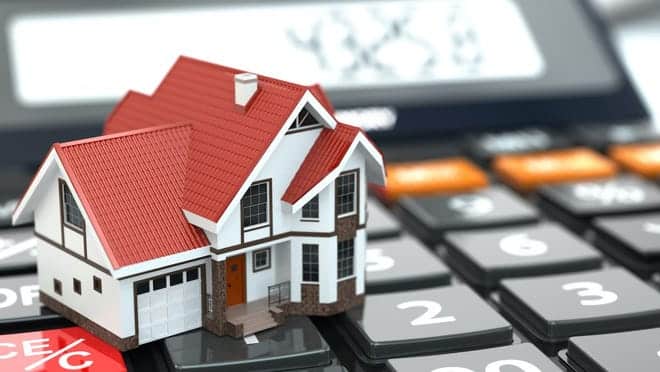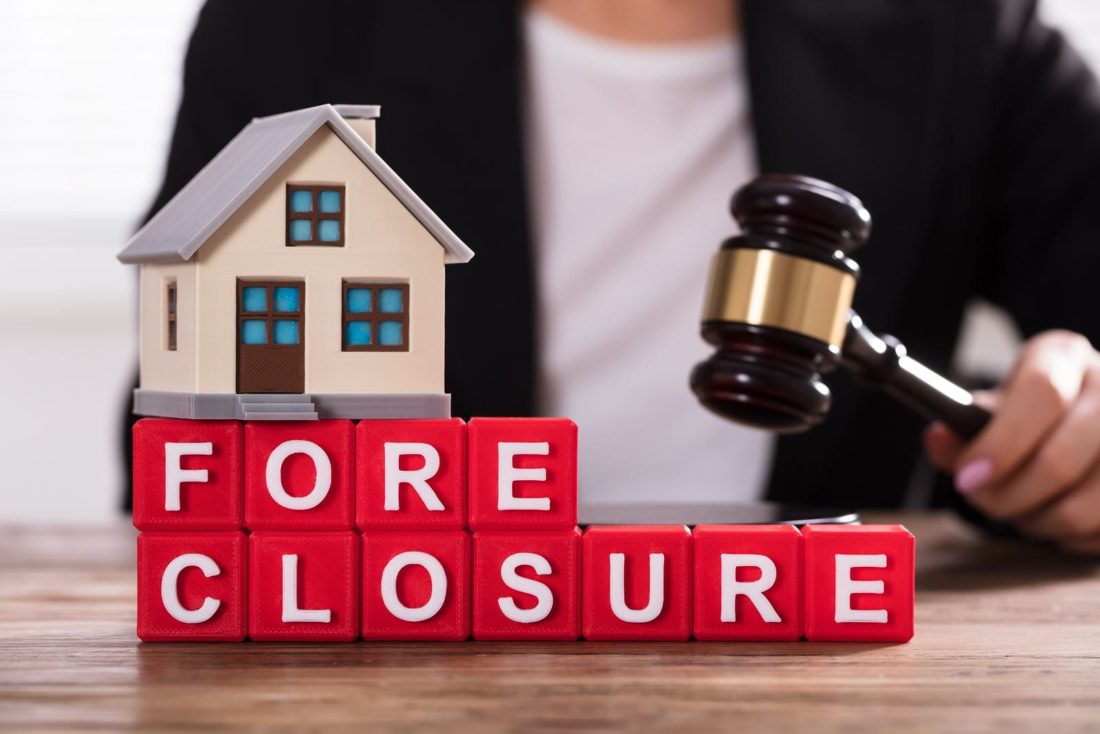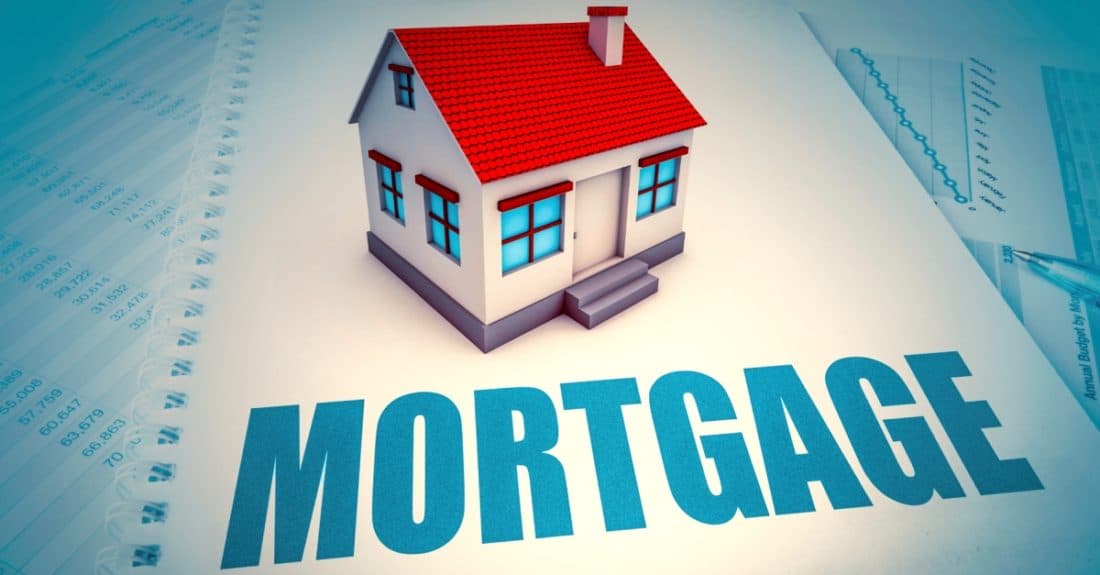
Mortgage and Its Impact on Real-Estate
A mortgage is a loan and legal contract to finance the purchase of a home. In return for the bank loaning you money to purchase a home, it designates your new home as collateral. A mortgage loan or simply mortgage is used for real property to raise funds. It is useful to buy real estate, or alternatively by existing property owners to raise funds for any purpose.
A mortgage is a debt instrument by the collateral of specified real estate property that the borrower is obliged to pay back. It is a set of predetermined payments. On the off chance that you are not able to pay your fix installments, collateral gives the bank the option to reclaim the property. And offer it to cover the obligation. The cycle of the bank or moneylender reclaiming a house is known as foreclosure. This is something you clearly need to maintain a strategic distance from.
Purpose of a Mortgage:
Purchasing a house is one of the American dreams. Some first-time home buyers will reveal to you they encountered sentiments of autonomy and achievement when they were first given those keys to their own one of a kind property. The issue with getting that first home is that it tends to be over the top expensive. It could undoubtedly take quite a few years to set aside enough cash to pay money for a home. Subsequently, some first-time home buyers take out a mortgage.
From the borrower’s point of view, mortgages help those with steady pay and sufficient credit buy a home earlier in life. Similarly, mortgages can be useful to fix or redesign a home or give options. For example, an extra room or a carport, to a home. From a moneylender’s point of view, a mortgage gives an approach to bring in cash by interest on a loan. Also securing them with a guarantee if there should be an occurrence of non-payment.
Components to a Mortgage:
The primary variables deciding your month to month mortgage payments are the size and term of the loan. Size is the measure of cash you get and the term is the time allotment you need to take care of it. That is the reason 30-year mortgages are the most famous. When you know the size of the loan you require for your new home, a mortgage calculator is a simple method to analyze mortgage types.
Term:
This is the measure of time you need to pay back the loan. The most widely recognized terms are for 10, 15, and 30 years. When in doubt, the shorter the term the lower the interest cost on your loan. So in case, you’re hoping to take care of your home rapidly a 10-or 15-year mortgage may be a smart thought.
In case you’re feeling more anxiety about having lower regular payments than paying the loan off fast, a more extended term mortgage, for example, 30 years, would be a superior fit. Terms for a long time are more normal with first-time home buyers and those zeroed in on amplifying income.
Check Also: When to Refinance your home? | Complete Guide
Principal:
A portion of each mortgage payment applies to the repayment of the principal balance. Loans are structured so the amount of principal returned to the borrower starts out low and increases with each mortgage payment.
Interest:
Interest is the bank’s compensation for loaning you cash. The interest rate on a mortgage directly affects the size of a mortgage payment: Higher interest rates mean higher mortgage payments. Higher interest rates, by and large, diminish the measure of cash you can get, and lower interest rates increase it.
Taxes:
Land or property taxes are surveyed by government offices and used to subsidize open services. On an every year premise, the legislature determines the Taxes.; however, you can pay these taxes as a feature of your regularly scheduled payments. The sum due is isolated by the absolute number of month to month mortgage payments in a given year.
Insurance:
Like real estate taxes, insurance payments are made with each mortgage payment and held in escrow until the bill is due. There are two types of insurance coverage in a mortgage payment. One is property insurance, which protects the home and its contents from fire, theft, and other disasters. The other is PMI, which is mandatory for people who buy a home with a down payment of less than 20% of the cost. This type of insurance protects the lender in the event the borrower is unable to repay the loan.
Mortgage in Texas:
If you’ve thought about buying a house in the Lone Star State, you’re not alone. It’s a great place to live! You might wonder how to get a mortgage in Texas, so we’ve put together a list of what you should know about Texas home loans.
TDHCA:
Texas Department of Housing and Community Affairs Home ownership programs are designed for first time home buyers or home buyers who have not claimed a home as their main living place inside the previous three years. 30-year fixed low-interest rate mortgage loans with up to 5% of loan add up to help with initial installment and additionally the closing costs. Mortgage Credit Certificates that furnish the home purchaser with up to $2,000 consistently as an extraordinary government annual tax break depending on the interest paid on the mortgage loan.
Conventional Mortgage:
This is the most common type and usually has the best rates. You’ll typically need at least 10% for a down payment and good credit. The mortgage term can be 15 or 30 years or interest-only where you are not paying any principal in your payment.
FHA Mortgage in Texas:
This is a first time home loan program that’s actually available to anyone. The down payment is only 3.5% and is more forgiving of lower credit scores. The interest rates are not as attractive as conventional but qualifying for the loan isn’t as tough either.
Texas VA Loan:
This is a zero down payment loan, but you must be a veteran. The VA Mortgage program is available for qualified and eligible Texas Veterans through private lenders such as banks, mortgage brokers, and direct lenders. The main step in getting a Texas Vet or VA Mortgage is to get pre-qualified for a home purchase or refinance using your Veterans Affairs benefit.


